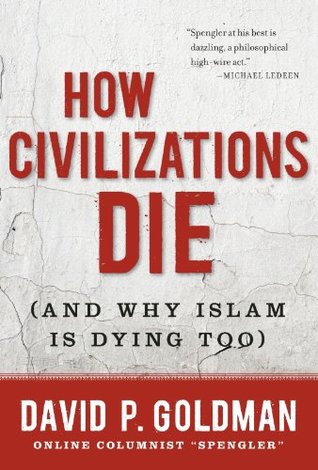Atatürk’s secularism defined “Turkishness” as a national identity, emulating the European nationalism of the nineteenth century. The old Ottoman identity had had nothing to do with nationality in the Western sense. It was religious and ethnic. A fifth of the population of Anatolia before World War I was Christian, mainly Armenian and Greek; virtually all were expelled or murdered. The Turks killed more than a million and a half Armenians, employing Kurdish militia to do most of the actual dirty work (that is why what is now “Turkish Kurdistan” was until 1916 “Western Armenia”). The modern
Atatürk’s secularism defined “Turkishness” as a national identity, emulating the European nationalism of the nineteenth century. The old Ottoman identity had had nothing to do with nationality in the Western sense. It was religious and ethnic. A fifth of the population of Anatolia before World War I was Christian, mainly Armenian and Greek; virtually all were expelled or murdered. The Turks killed more than a million and a half Armenians, employing Kurdish militia to do most of the actual dirty work (that is why what is now “Turkish Kurdistan” was until 1916 “Western Armenia”). The modern Turkish state was born in a bloodbath and founded on massive population shifts. The Kurdish minority that now makes up a fifth to a quarter of the population, depending on definition, got the southeast as a consolation prize but still longs for its own language, culture, and eventual national state. By the turn of the millennium, Kemalist secularism was a grotesque relic of 1930s European nationalism. To the extent that there was some hope of keeping Turkey in the Western camp, though, the Bush administration’s nation-building blunders in Iraq and credulous admiration of “moderate Islam” in Ankara destroyed it. Iraqi leader Saddam Hussein was a monster, but for the Turks a useful monster. The 1988 Anfal campaign against the Kurds in northern Iraq killed up to 180,000 of them, and the crackdown on the Kurds after the 1991 First Gulf War killed as many as a hundred thousand. The Turks, in c...
...more
This highlight has been truncated due to consecutive passage length restrictions.
contrast, killed perhaps only twenty to forty thousand Kurds during the 1980s and 1990s. Turkey in 2003 rejected America’s plan to open a northern front against Saddam out of fear that the war would ruin Turkey’s ability to control its restive border. The destruction of the Iraqi state, moreover, created a de facto independent Kurdish entity on Turkey’s border, the last thing Ankara wanted. If America had simply installed a new strongman and left, Turkey would have been relieved. But America’s commitment to “nation-building” and “democracy” in Iraq, to Ankara’s way of thinking, meant that Iraq inevitably would break up; the Kurdish entity in the north would become a breakaway state; and Iran would come to dominate an Iraq with a Shi’ite majority.


